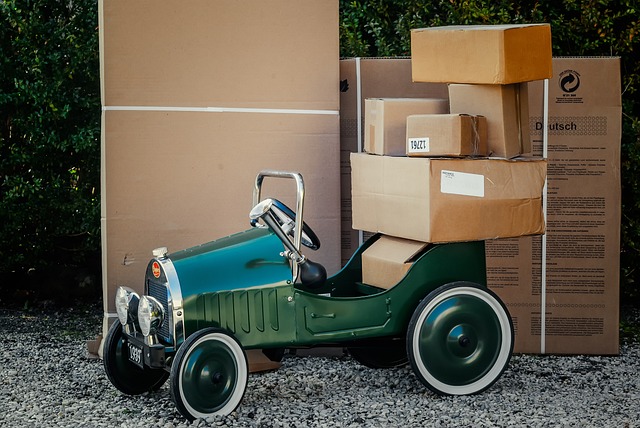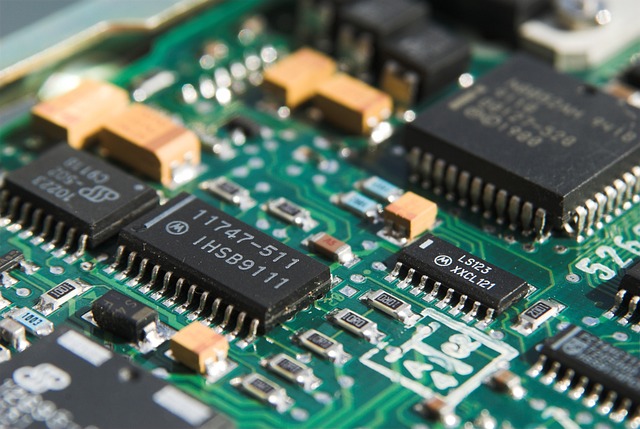Innovative Delivery Solutions: Driving Transport Sustainability and Rural Development
In today’s fast-paced world, the demand for effective delivery solutions has surged, particularly as we strive for a balance between efficiency and environmental responsibility. The advancement of delivery systems is more than just responding to consumer demands; it’s about innovating sustainable practices that contribute positively to both urban and rural landscapes.
Transport sustainability is at the heart of this evolution. Traditional delivery methods often lead to excessive carbon emissions, traffic congestion, and stress on already overburdened infrastructures. Innovative delivery solutions now utilize eco-friendly vehicles, such as electric vans, drones, and cargo bikes, which drastically reduce our carbon footprint. Companies are realizing that investing in sustainable fleets not only benefits the planet but also appeals to a growing number of environmentally-conscious consumers.
Moreover, embracing new technologies increases efficiency. Route optimization software and real-time tracking systems ensure that deliveries are completed in the most effective manner possible. This not only enhances customer satisfaction but also significantly reduces fuel consumption and emissions associated with delays and inefficient routes.
When we talk about rural development, the impact of these innovative delivery solutions becomes even more pronounced. Rural areas often suffer from inadequate infrastructure and limited access to essential goods and services. Enhanced delivery systems can bridge this gap, bringing vital resources to remote locations. With the right technological approaches, companies can establish reliable logistics networks that empower rural economies, enabling small businesses to thrive.
For instance, in many rural communities, local artisans and producers find it challenging to reach wider markets. By utilizing advanced delivery solutions, these local businesses can effectively distribute their products, promoting economic growth while fostering a sense of community. Additionally, by leveraging technology, it’s possible to reduce delivery times and costs, making it easier for individuals in these areas to access goods that are often taken for granted in urban settings.
Furthermore, integrating public transportation into delivery solutions can promote smart growth. Coordinating deliveries with public transport systems can allow for a streamlined process that benefits both the carriers and the communities. For example, partnering local delivery services with bus lines enables goods to be distributed more efficiently, reducing the need for individual car trips and, consequently, lowering emissions.
The benefits of innovative delivery solutions ripple throughout the economy, enhancing transport sustainability while simultaneously fostering rural development. As we strive for a sustainable future, it’s crucial to recognize that effective logistics and transportation systems play a pivotal role in shaping our communities. Thus, the pathway to sustainability is clearer and more achievable through the collective efforts of businesses, government entities, and consumers committed to fostering a greener and more equitable infrastructure.




